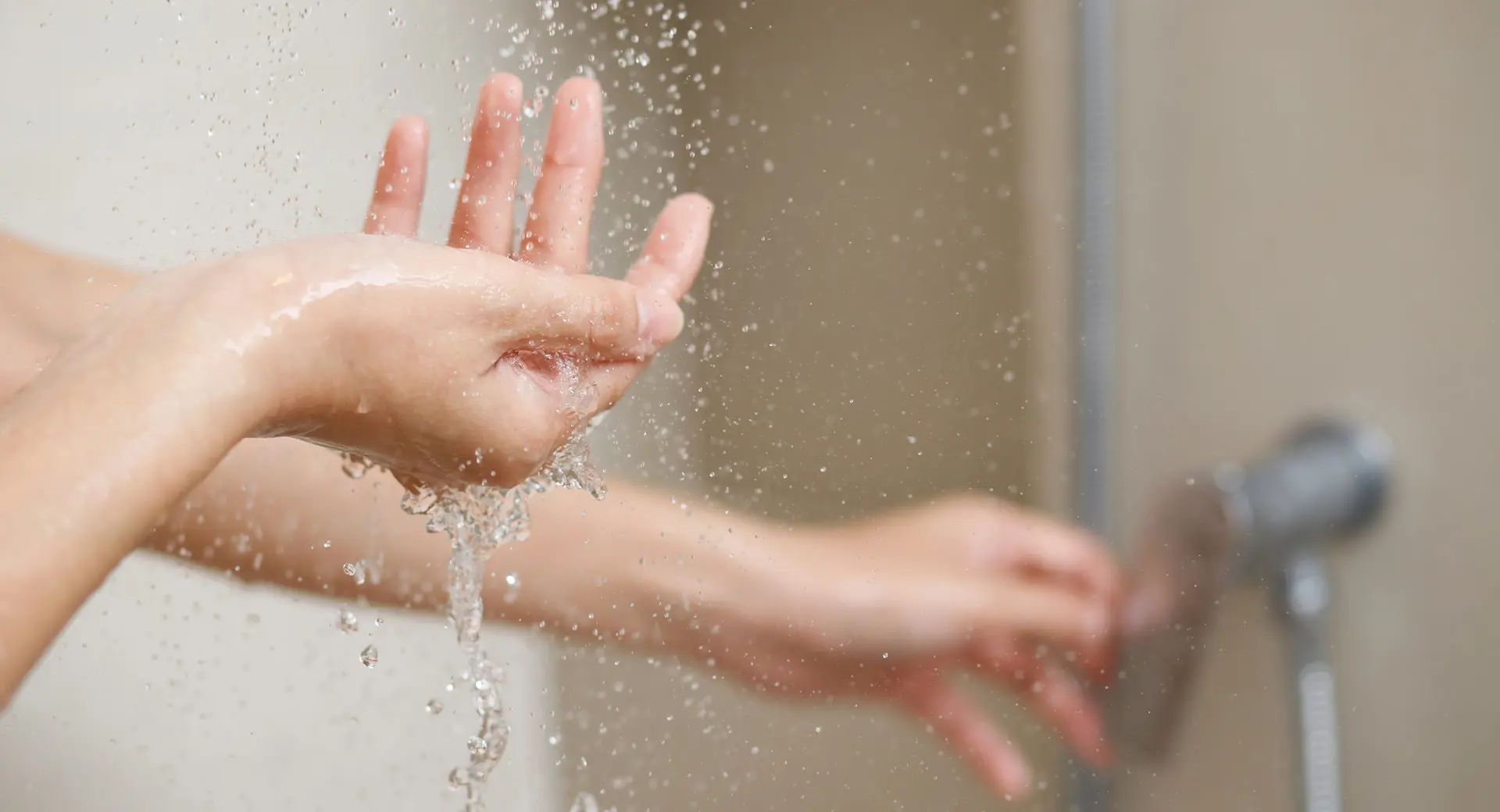
How to Conserve Water for Future Generations: Strategies for Tech Enthusiasts
Share
In an era where technology is constantly evolving, there is a pressing need to address environmental concerns. Among these, water conservation stands as a critical issue. With the impact of climate change and the rapid depletion of water resources, finding effective strategies on how to conserve water for future generations is more important than ever. For tech professionals and enthusiasts, leveraging technology to tackle this issue can be both a challenge and an opportunity.

The Importance of Water Conservation
Water is an essential resource that sustains life, but it is limited. According to a report by the World Wildlife Fund, only 3% of the world's water is fresh, and two-thirds of this is trapped in frozen glaciers or otherwise unavailable for use. This scarcity, coupled with increasing global demand, presents a dire need for conservation efforts.
Tech professionals can play a vital role in creating solutions that ensure water is conserved and managed efficiently for future generations. By integrating technology with smart conservation practices, we can address this global challenge effectively.
Technological Innovations in Water Conservation
Smart Irrigation Systems
One of the most significant advancements in water conservation is the development of smart irrigation systems. These systems use sensors and IoT technology to monitor soil moisture levels, weather conditions, and plant needs to optimize watering schedules. By delivering the precise amount of water needed, smart irrigation systems can significantly reduce water waste in agriculture, one of the largest consumers of water globally. For more on this topic, check out water conservation techniques in farming.
Advanced Leak Detection
Leaks are a silent but significant cause of water wastage. Advanced leak detection systems use sensors and AI technology to identify leaks in real time. These systems can be integrated into existing plumbing infrastructure to provide alerts and even automate the shutoff of water supply in case of significant leaks. This technology not only conserves water but also saves money and prevents water damage.
Digital Tools for Water Monitoring
Digital tools and apps are becoming increasingly popular for water conservation. These tools allow users to track their water usage, detect patterns, and identify areas where they can reduce consumption. Tech enthusiasts can develop or support apps that provide tips on water conservation, track household water usage, and offer incentives for reducing water consumption.
Water-Saving Appliances
The integration of technology into everyday appliances has led to the development of water-saving models. High-efficiency washing machines, dishwashers, and low-flow toilets are designed to use less water while maintaining performance. Tech professionals can continue to innovate in this area by developing smarter appliances that further reduce water usage. Discover more about popular water-saving toilet designs.
Community and Education
Raising awareness about the importance of water conservation is crucial. Tech professionals can leverage digital platforms to create campaigns that educate the public about the importance of conserving water. This can include developing interactive websites, social media campaigns, and educational apps that engage users with tips and challenges to conserve water.
One example is the water conservation awareness campaigns that use gamification to encourage participation and learning.
Implementing Sustainable Practices
For tech enthusiasts looking to make a personal impact, implementing sustainable practices at home and in the workplace can be highly effective. This includes simple actions such as fixing leaks, installing low-flow fixtures, and using rainwater harvesting systems. For more ideas, visit 25 ways to save water.
Conclusion
In the quest to conserve water for future generations, technology offers powerful tools and solutions. By embracing innovation and digital transformation, tech professionals and enthusiasts can lead the way in making water conservation a priority. From smart irrigation to digital monitoring, the possibilities are vast and impactful.
As we continue to push the boundaries of technology, it is imperative that we also focus on sustainability and conservation. Together, we can ensure that future generations inherit a world where water is abundant, and life can flourish.

FAQs
What is the biggest contributor to water waste?
The biggest contributors to water waste are leaks in plumbing systems, inefficient irrigation practices, and excessive household water use. Technologies such as leak detection systems and smart irrigation can significantly reduce these issues.
Can technology alone solve the water conservation issue?
While technology provides powerful tools for conservation, it must be combined with sustainable practices and public awareness to be truly effective. Community involvement and education are key to ensuring widespread adoption of water-saving technologies.
How can I start conserving water at home?
Start by identifying and fixing leaks, installing water-saving appliances, and using digital tools to monitor your water usage. Simple changes such as taking shorter showers and turning off the tap while brushing teeth can also make a significant impact.
